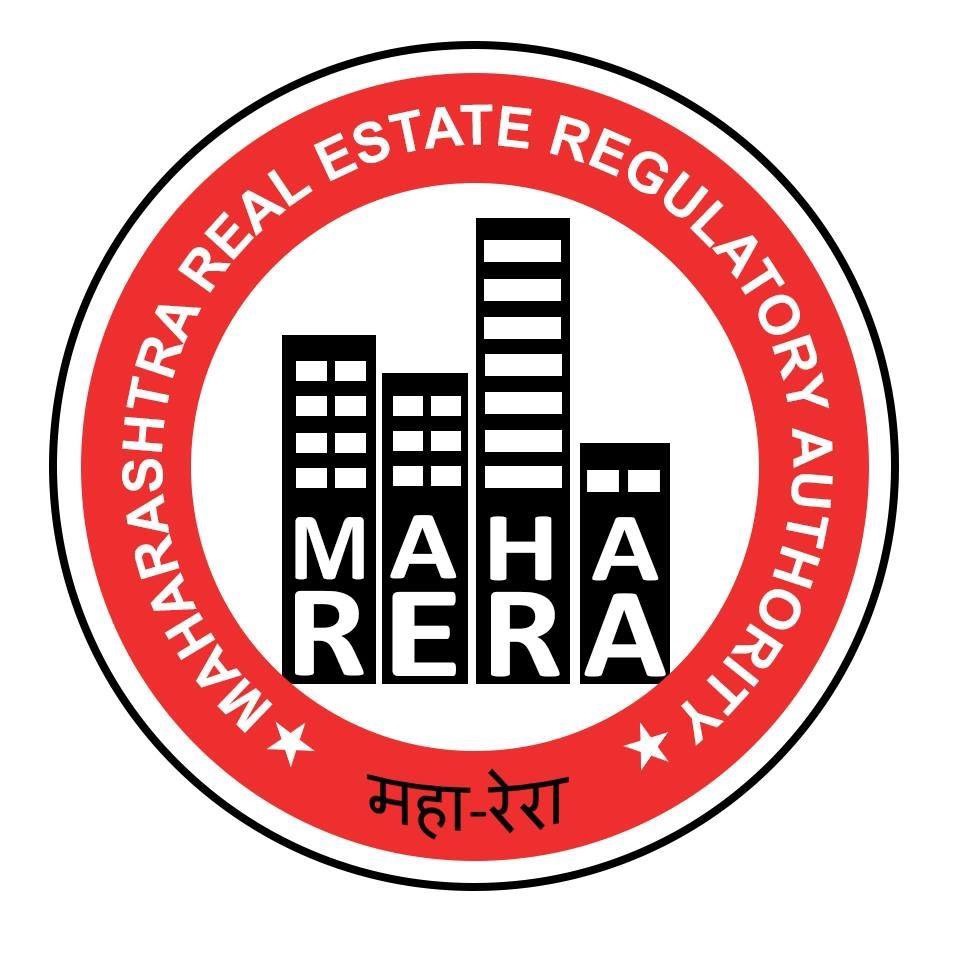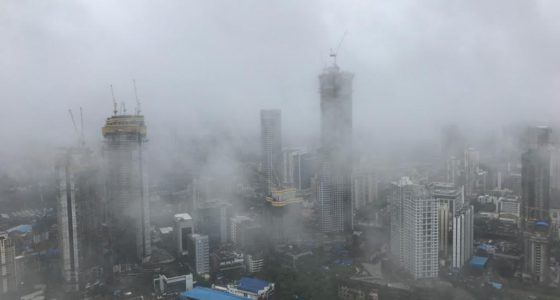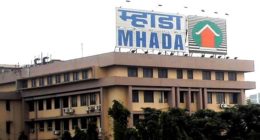The Maharashtra Real Estate Regulatory Authority (MahaRERA) has introduced a significant reform to enhance the accessibility and efficiency of its regulatory framework for developers outside the Mumbai Metropolitan Region (MMR). The new measure reduces the minimum criteria for the formation of Self Regulatory Organisations (SROs) from 500 to 200 projects, making it easier for developers in these areas to access official guidance and support on regulatory issues.
This change comes as part of MahaRERA’s ongoing efforts to streamline the registration process and assist developers across Maharashtra, especially as the housing sector outside MMR continues to grow and evolve. By lowering the threshold for SRO formation, MahaRERA aims to ensure that developers in these regions can avail themselves of better resources to meet compliance standards.
The decision is expected to have a transformative impact on developers in the rest of Maharashtra by facilitating quicker and more efficient registration of new housing projects, renewals, corrections, quarterly progress reports, and project completion reports. These processes have often been delayed due to developers’ lack of access to necessary guidance, which the SROs are now poised to address.
MahaRERA had pioneered the initiative of officially recognizing SROs in October 2019. The recognition of SROs is subject to certain conditions and ensures that these organizations act in line with MahaRERA’s regulatory framework. In the past, developers faced challenges in complying with regulatory requirements, often failing to provide necessary documents, leading to delays in project registration and other critical processes. By collaborating with SROs, developers can now ensure better compliance with the regulatory guidelines.
Currently, there are seven SROs recognized by MahaRERA. These include:
- NAREDCO West Foundation
- CREDAI-MCHI
- CREDAI Maharashtra
- Builders Association of India
- Marathi Bandhkam Vyavsayik Association
- Brihanmumbai Developer Association
- CREDAI-Pune Metro
These organizations play a vital role in assisting developers by guiding them through the regulatory processes, making them the go-to resources for builders when dealing with MahaRERA. Additionally, SRO representatives serve as a bridge between the developers and MahaRERA, ensuring that each application undergoes the necessary scrutiny and is processed efficiently.
With the new criteria set for areas outside the MMR, more organizations will now be eligible for recognition as SROs, expanding the pool of resources available to developers. This move is expected to increase industry compliance across the state, ensuring that more developers align with MahaRERA’s standards and regulatory expectations.
By facilitating better access to SROs, MahaRERA is fostering a more compliant and streamlined real estate sector that can continue to grow in line with the demands of a rapidly changing housing market.
Also Read: MahaRERA Annual Report









